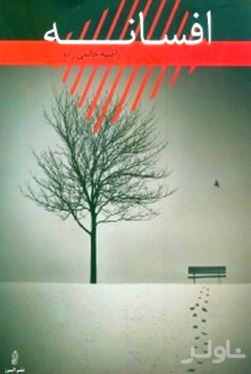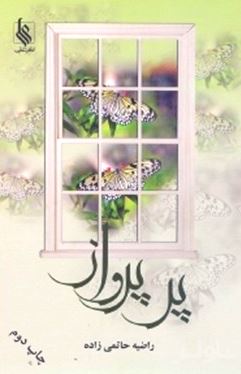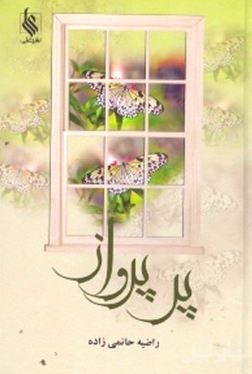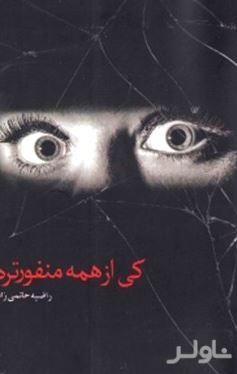|
نویسنده :
راضیه حاتمیزاده
ناشر :
البرز
۴ از ۵
|
|||
|
نویسنده :
راضیه حاتمیزاده
ناشر :
علی
۰ از ۵
|
|||
|
نویسنده :
راضیه حاتمیزاده
ناشر :
علی
۰ از ۵
|
|||
|
نویسنده :
راضیه حاتمیزاده
ناشر :
البرز
۰ از ۵
|





